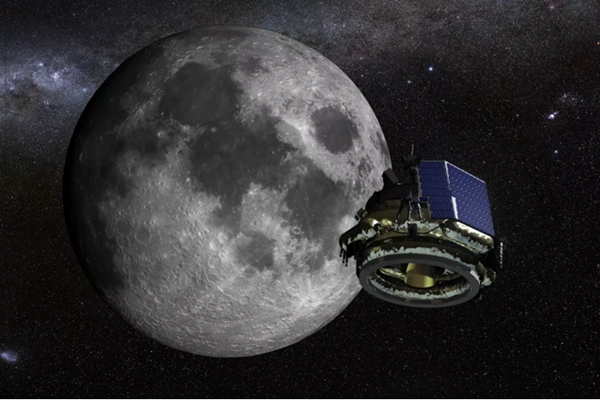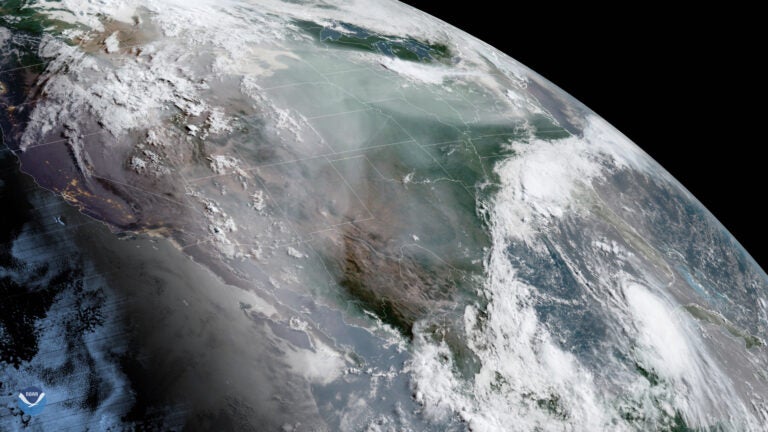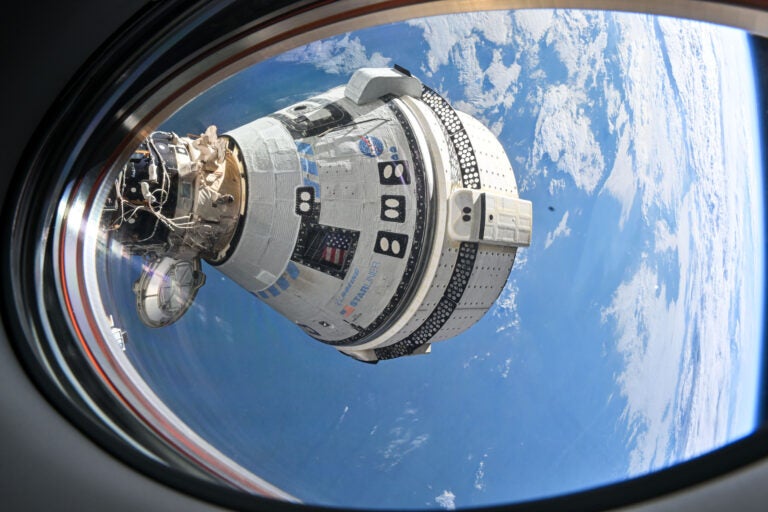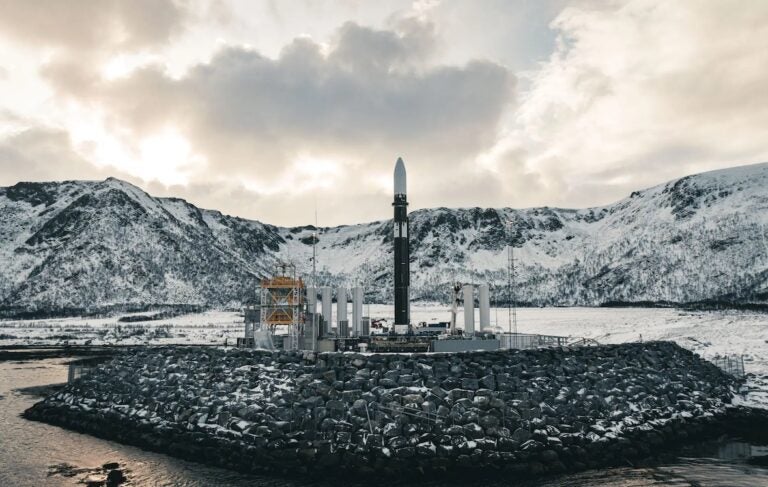The California-based American team for the international Google Lunar X Prize competition, Moon Express, has made its next milestone in the competition.
Moon Express has raised enough money for the trip to the Moon, raising a total of $45 million so far thanks to funding from Founders Fund and Collaborative fund capital firms, Autodesk software company, and other private investors.
Among building a robotic spacecraft and finding rides to the Moon, the guidelines for this competition included using no more than 10 percent of government funding and paying for their missions privately.
With a lander built, a ride to the Moon, and successful funding, Moon Express has all the stars aligned for the Google Lunar X Prize competition so far.
“We now have all the resources in place to shoot for the Moon,” Moon Express CEO Bob Richards said in a statement. “Our goal is to expand Earth’s social and economic sphere to the Moon, our largely unexplored eight continent, and enable a new era of low cost lunar exploration and development for students, scientists, space agencies and commercial interests.”
Moon Express has built the MX-1E lander that will be launched on an experimental Electron rocket. However, the Electron is brand new and has yet to be launched. It was ready for flight-testing last year, but hasn’t made its first flight yet.
If MX-1E successfully lands on the Moon, moves up to 1,640 feet (500 meters), and is the first to send high-definition photos back to Earth, Moon Express will win $20 million.
The second place team also wins a prize of $5 million and the competition offers other prizes for accomplishments, such as going to the Apollo landing site.
Besides winning the competition, Moon Express also hopes to one day mine the Moon for resources.
Source: The Verge










